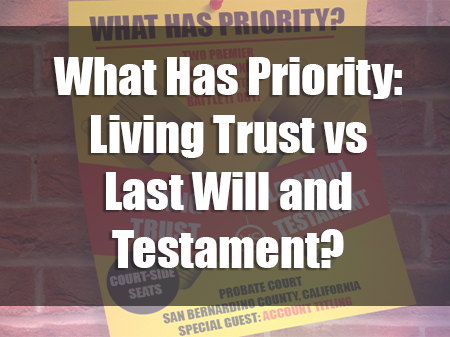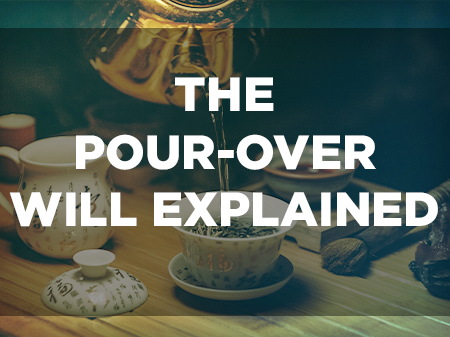Has the IRS Made It Easier to Avoid Estate and Death Taxes!?
The wealthy now have more time to avoid estate and death taxes, thanks to a recent change by the IRS. Tax planning during life as well as at death is an important part of estate planning. Through the concept of portability, estate taxes can be mitigated, it not outright avoided, and the IRS has made this process easier.
When Should You Consider Estate Planning?
Estate planning is not only for the sick and elderly. There are three factors to consider when determining whether you should begin planning your estate: planning for care now, planning for care later (for yourself and/or loved ones), and planning for the disposition of your estate. Here, we'll discuss what those three factors mean.
Per Capita vs Per Stirpes & Right of Representation
The legal world is full of Latin phrases to name or describe legal concepts that often shed little to no light on what the concept means. Some of the most common examples are per capita, per stirpes and the phrase by right of representation. Here we'll discuss the differences between these phrases as well as the often forgotten per capita at each generation.
The Benefits of a Living Trust | Legacy & Generational Wealth
The two primary goals of estate planning are creating a legacy and preserving assets to generate generational wealth. The only true way to do this is through an estate plan centered around the living trust. However, that raises the question, what do we mean by legacy and generational wealth? Enrichment, freedom and a safety net.
No DIY Deeds! Horror Stories from an Estate Planning Attorney
A common task for attorneys is fixing the problems that people find themselves in. Sometimes this is due to errors that could have easily been avoided. Here, we'll discuss some of the common mistakes and pitfalls we are often called in to fix when it comes to deeds on real estate.
LGBTQ+ Top 5 Estate Planning Essentials
The legal recognition of same-sex marriages from the 2015 Obergefell v. Hodges Supreme Court decision brought with it more than just marriage equality, but a plethora of estate planning and tax tools that accompany recognized marriage. As the title of this video states, we'll be discussing some essentials in estate planning for those who are a part of the LGBTQ+ community. However, what is great about the estate planning world is that all the same principles apply here as to cis-gender people and heterosexual marriages.
Can My Trustee Change My Trust Without Me?!
Who has the power to change or revoke a trust and can a trustee change or revoke a trust? Generally, no... with an asterisk. Trustors retain the power to change, amend or revoke a trust, but trustees can still find amendments void and exercise some discretion in their management of the trust's assets.
What Has Priority: Living Trust vs Last Will and Testament?
We've talked at length about titling assets, why you need a will with a trust and how to go about funding your trust. However, all that raises the question of what to when those things are in conflict with each other. Which takes priority, the living trust, a last will or perhaps the title of the account or asset itself? Generally speaking, the first thing we are going to look at is the title of the account or asset, keeping in mind the type of asset and its value.
Putting Personal Property, Artwork, and Collectibles in Your Trust
We've already discussed putting assets into your trust and in detail on how to fund your trust with real estate and any financial accounts you might have. Today we're capping off that discussion with everything else that will be funded into your trust - your personal property, artwork and collectibles. Your "untitled property" includes just about everything you own like tools in the garage, pictures on the wall, your furniture, appliances, books, clothing, jewelry, and the list goes on. As you don't have a title to these types of assets like you do with real estate, the way we get them into the trust is by assigning your interest in the property to the trust.
Using a Will to Fund your Trust? The Pour-Over Will Explained
We've talked previously about why you still need a Last Will and Testament with a Trust. In this video, we talk about that Will in detail - the Pour-Over Will. What is a Pour-Over Will and how does it differ from a normal Last Will and Testament or Living Will? Your pour-over will works in conjunction with a living trust, taking your assets and pouring them over into your living trust.









